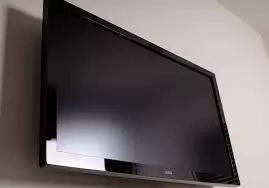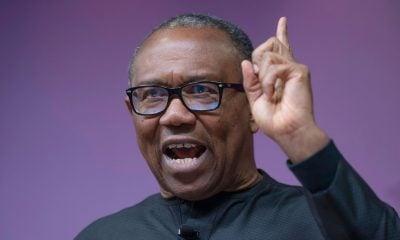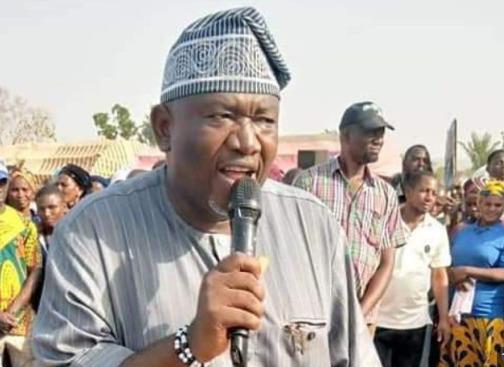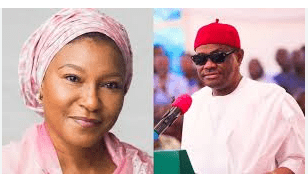Here in this post, we are going to discuss in great detail the role of television in electoral education in Nigeria. We hope you find informative.
Television acts as the main storyteller, baby sitter and moulder of public opinion notes a local TV news Station. Actually, what appears on television is often strongly influenced.
The French call it “la tele”, the British, the Telly, the Australians, “the box” and the Nigerians call it in Igbo “television”, in Hausa, “Talabiyin” and in Yoruba language” amurumaworan or telifisionu”.
Read Also: Election Rigging In Nigeria; Causes, Effects and How to Stop it

Whatever name is given to it, television is recognizing worldwide as one of the most influential instruments for shaping the values, opinions and beliefs of the postwar society.
The social impact of television over the past twenty or thirty years has been so great that the subject is still being heavily researched by sociologist and other experts.
It has been said that television has had a greater impact on the lives of the peasantry and other people who live on here. With the advent of television, there has been an equalizing of opportunities for entertainment between the rich and the poor.
Read Also: Money Politics in Nigeria and its effects on our brand of democracy
In contemporary times, television is used as a tool in disseminating information to the people about the electoral process. Such enlightenment is meant to educate voters and members related to it.
The television is been used as an instrument by politicians to advertise themselves to the electorates. Other political programmes such as “Focus Nigeria, Kakaaki and Democratic License” are geared towards the education and political enlightenment of the Nigerian electorates.
Television broadcasting in electoral education over the years is inevitable in Nigeria political system, this is correct because political and electoral programmes have recently become the democratic watchdog of our political system. Critics, Debates and Discontents are all channelled through television.
The history of elections in Nigeria generally has afforded us the golden opportunity of assessment of the divergent roles of television in Nigeria political processes.
The issue and question of educative information, mobilization and monitoring became a very crucial factor in the realization of the national objectives in the context of the electoral process.
Constitutional Basis of the Role of the Media in Politics and Governance.
One of the main constitutional roles of the media in a democracy is to objectively monitor governance while remaining consistent, preserving and objective stance in holding those involved in the democratic process accountable to the people.
Read Also: 10 Problems of Nigerian Politics and Possible Solutions
The quest to propagate the natural law doctrines, the articles of French revolution, the precepts of American declaration of independence, the united nations declaration of peoples and human rights African charter on human and peoples right (RBID) for instance, the African Charter on human and people rights adopted in 2986, and ratified in July 1990, states among others that every individual shall have the right to express and disseminate his opinions within the laws.
What Are The Roles Of Television In Electoral Education?
1. The media interprets campaigns in the light of the electoral needs of the people, that is implications and actions to people and to the realization of a vibrant political system.
This simply means directing the goals of electioneering campaign to the desirable goal of the responsible democratic principle that recognizes the sovereignty of the people vote.
2. The media channels electioneering campaign to serve the goal of national development. This is because it is the pilot of social interaction, using the power of mass information to solve the problem of national cohesion and integration, which is both critical to the growth of healthy electioneering campaign.
3. The media clarifies issues during campaigns, bring aspirants close to the electorates, and teach the differences between party and candidate to enable the electorate to make a wise choice.
Read Also: 10 Roles of Youths in Nigerian Politics
4. The media enables the electorate to analyze campaign messages of politicians, focusing on setting the correct political agenda for the audience and not allowing the audience do so broadcast discussions on the television should raise and answer pertinent questions that help to elucidate confusing issues, particularly those relating to politics and leadership.
5. Studies have revealed that about 40% of our population in Nigeria are still illiterates, a rather larger group which requires the special attention of the media.
For this group, the media ensures that every electoral information is reportedly disseminated in local languages. The media goes beyond the mere dissemination of information and engage in political education. Through programs aired on television.
They educate the non-voting population on why they cannot vote instead of scaring them with numerous penalties for breaching the electoral law. As for the voting population, voter education programmes are user-friendly, especially for the non-literate and physically incapacitated.
Read Also: 14 Functions Of The Nigerian Television Authority
Conclusion
This article has restricted itself to the role of television in electoral education in Nigeria. The importance of the media cannot be under-emphasized.






The article is useful it helps me a lot in my research on the role of television in electoral education in Nigeria.
That is good to hear. Your welcome
Nice article 👍🏽 Tnx it’s highly informative
Welcome, we are happy the article is useful